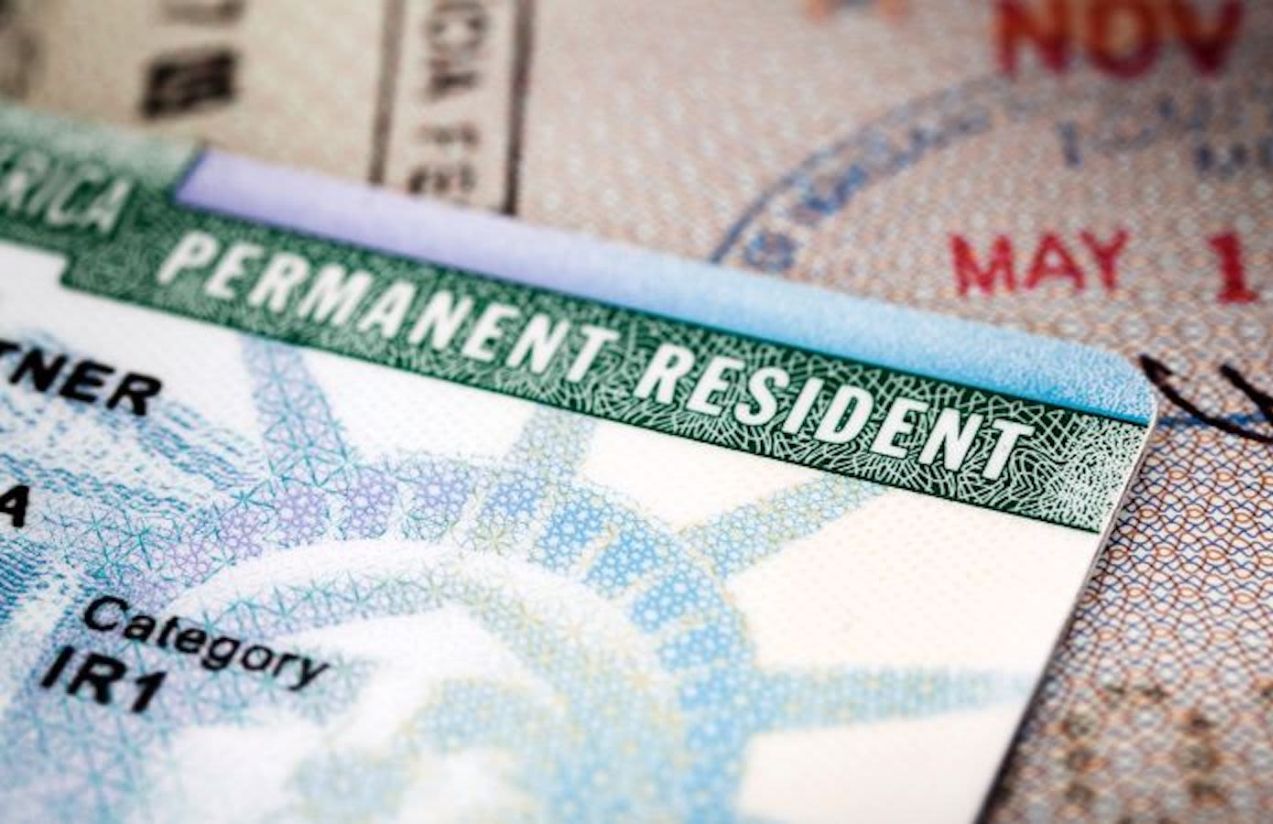The United States Citizenship and Immigration Services (USCIS) has implemented new guidelines, effective as of August 1, 2025—that make it more difficult for individuals applying for permanent residency based on family relationships, especially marriage. These changes now apply to both new and pending applications and are aimed at fighting immigration fraud through stricter verification processes.
Among the most significant changes are mandatory interviews and thorough background checks to ensure that claimed family relationships are legitimate. From now on, even if a family petition is approved, it will not automatically lead to legal status: immigration authorities may issue removal notices if any irregularities are found.
These measures come at a time when the United States immigration system faces a massive backlog, with more than 11.3 million pending cases. USCIS has clarified that its focus moving forward will be to prioritize national security, carefully validating each case before granting immigration benefits.
Who is affected by these new rules, and how can applicants prepare?
People planning to file or who already have pending family-based petitions should prepare for a more detailed and demanding process. This includes providing solid documentation to prove the family relationship, attending mandatory interviews, and being ready for stricter case evaluations, whether applying from within the U.S. or abroad.
What happens if applicants fail to meet the new requirements?
If the documentation or family relationship cannot be fully verified, USCIS may deny the petition or initiate deportation proceedings. This means that even after initial approval, an applicant could be found inadmissible and face a formal notice to appear in removal proceedings, highlighting the importance of proving the authenticity of the relationship from the start.

